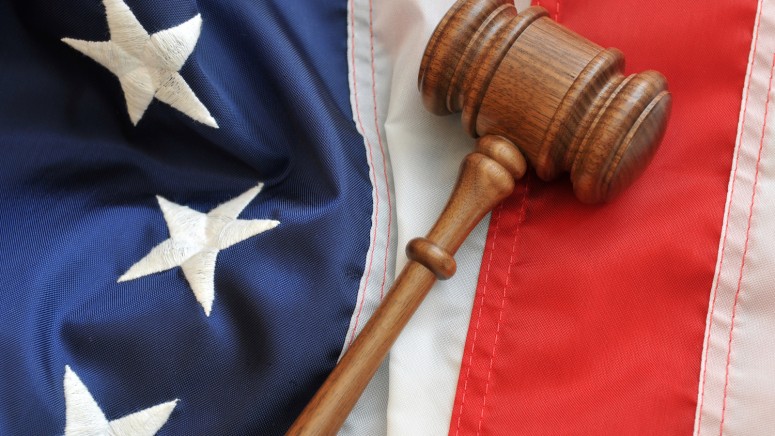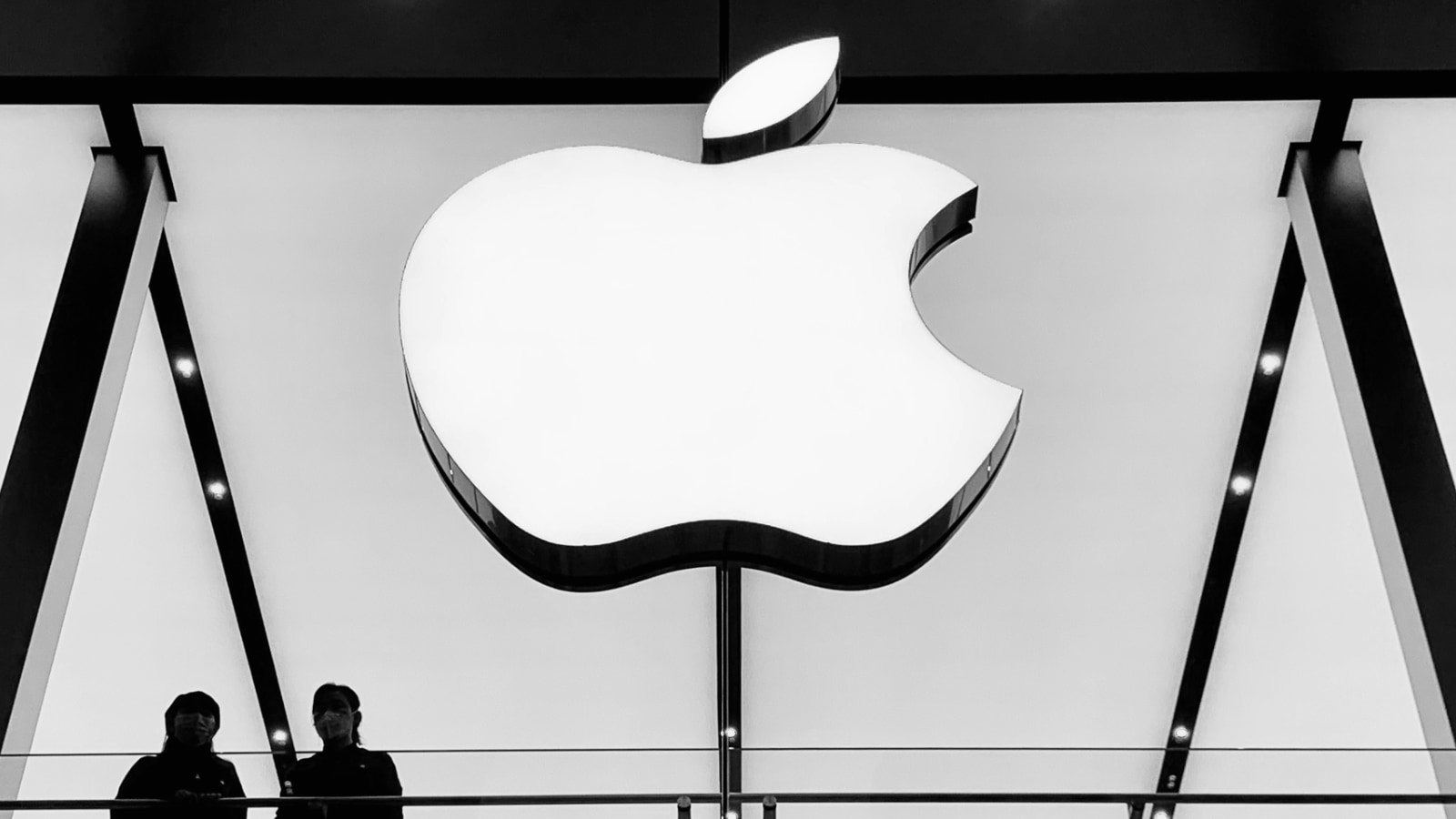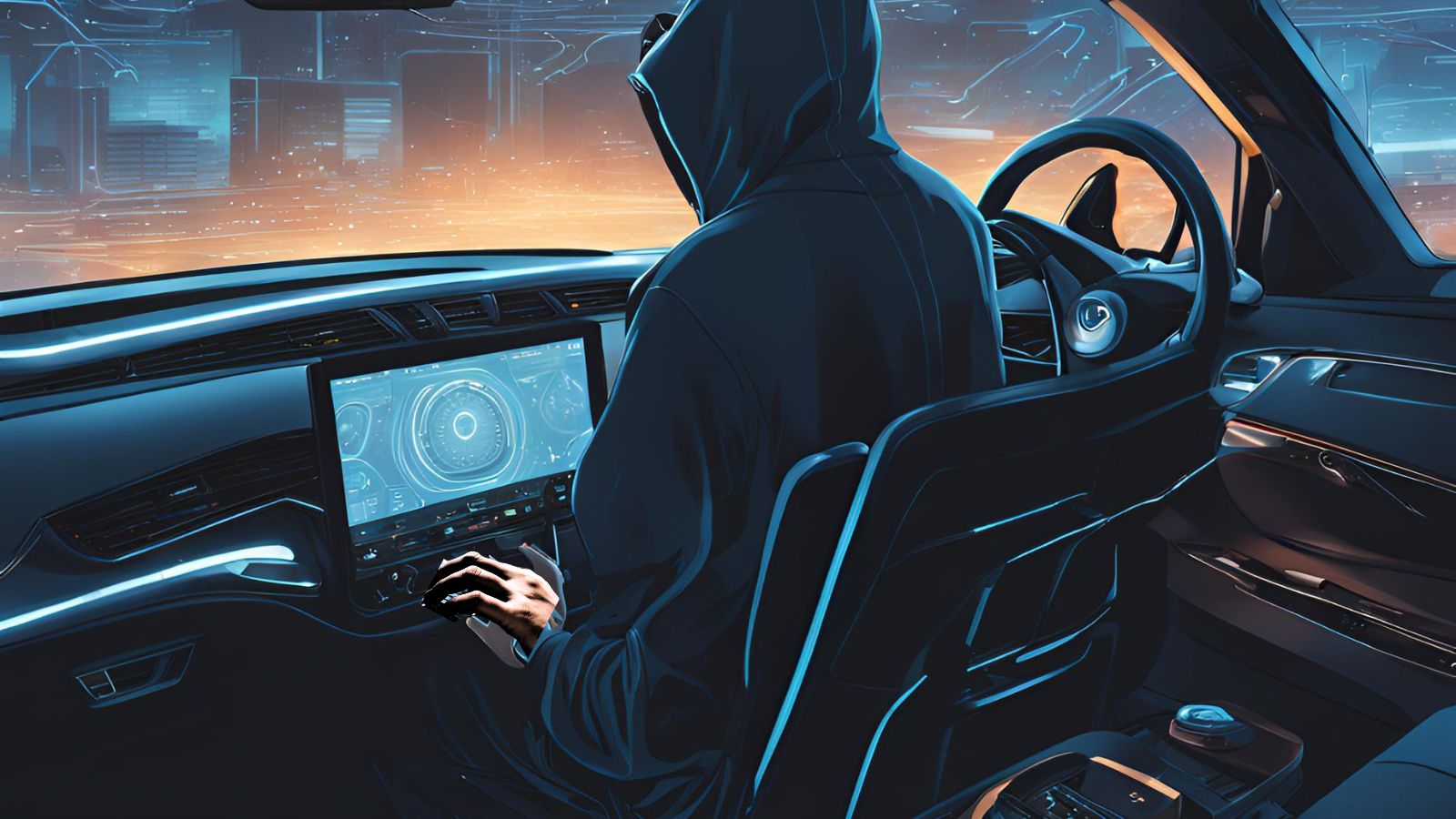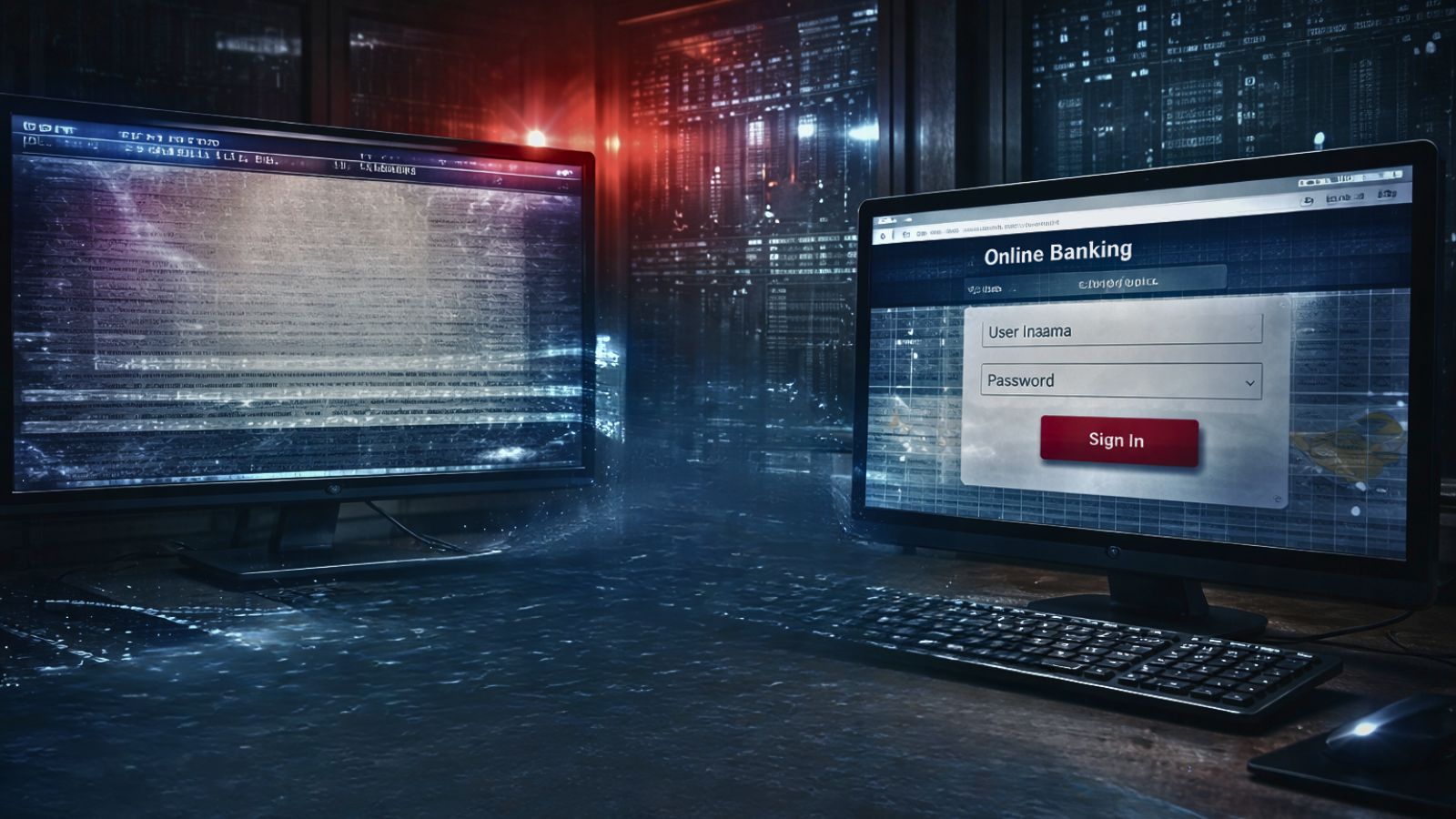
U.S. Supreme Court Rules in Favor of Google on the Java API Use Objected by Oracle
- Google has finally come out of the legal battle with Oracle about using Java APIs as a winner.
- This ruling sets the record straight for software developers and other products re-using API code.
- Google’s copying was deemed fair and legal because it was highly targeted and resulted in creative results.
A ruling by the Supreme Court of the United States ends the multi-year battle between Oracle and Google, vindicating the latter and finding that its use of certain Java APIs was lawful. This ruling has widespread effects in the software development community, as people can now enjoy more certainty when reusing or reimplementing APIs that are under the ownership of others. That is especially the case when considering that the Federal Circuit's previous rulings infused incertitude and threatened to hinder widely followed practices.
Oracle claimed a copyright on the Java APIs and targeted Google for reimplementing some of the APIs on the Android OS. Google wrote similar basic functions back in the day but had to also reuse certain specifications of the Java APIs in order to allow app developers to write programs for Android using a familiar interface.
Google didn’t feel they were taking any risks back then, as APIs remained outside the scope of copyright protection since always, as reusing them is essential in a wide spectrum of applications. Preventing this is like shutting the door to cross-platform functionality and innovation, but Oracle has obviously identified an opportunity for a large compensation.
This is why the software firm appealed previous decisions again and again until they got what they were going after in 2018. The final appeal was Google’s thought, taking the case to the Supreme Court, so this is the final ruling. As the court stated:
"Fair use can play an important role in determining the lawful scope of a computer program copyright. It can help to distinguish among technologies. It can distinguish between expressive and functional features of computer code where those features are mixed. It can focus on the legitimate need to provide incentives to produce copyrighted material while examining the extent to which yet further protection creates unrelated or illegitimate harms in other markets or to the development of other products."
As Justice Stephen Breyer states in the ruling documents, copyrights' very purpose is to incentivize and foster creativity and innovation, so using them for the exact opposite isn’t acceptable or reasonable. The judge further adds that:
"Unlike many other programs, its (Java) value in significant part derives from the value that those who do not hold copyrights, namely, computer programmers, invest of their own time and effort to learn the API’s system. And unlike many other programs, its value lies in its efforts to encourage programmers to learn and to use that system so that they will use (and continue to use) Sun-related implementing programs that Google did not copy."
So, in summary, the court considered how reimplementing the interface can push the development of software forward, and also how Google’s copying of the API resulted in the fulfillment of a totally new and different platform (Android), which is the perfect example of “creation and innovation.” And finally, the court considered what portion of the Java SE codebase was copied by Google and found it to be less than 1%.







